One of the most popular ingredients in Indian cuisine is methi, often known as fenugreek. Fenugreek seeds and leaves can be used to dal, paratha, or curry, among other dishes. But methi is capable of more than just enhancing the flavour of your food. This spice has a wide range of therapeutic characteristics and is beneficial to your health. Fenugreek seeds are frequently advised by specialists and grandmothers alike for their numerous health and cosmetic benefits.
The leaves of fenugreek are a rich source of vitamins and minerals. Vitamins including thiamine, folic acid, riboflavin, niacin, and vitamins A, B6, C, and K are abundant in them. Minerals like copper, potassium, calcium, iron, selenium, zinc, manganese, and magnesium are also present in methi.
Table of Contents
About Fenugreek seeds
Greek hay, also known as fenugreek, is an annual plant in the Fabaceae family that is native to Asia and the Mediterranean. Both the seeds and the leaves are edible. It has tiny square-shaped golden seeds in pods that are used as a spice or for medicinal purposes, as well as little leafy greens that can be eaten fresh or dried. Fenugreek has a characteristic taste similar to maple syrup and a mild bitterness. Fenugreek is mostly grown and eaten in India, where its fresh leaves are utilised in a variety of cuisines. Fenugreek seeds, also known as methi dana, are a common ingredient not only in the cuisines of India but also Iran, Egypt, and Turkey.
How does Fenugreek seed taste?
One of the most common spices in Indian cuisine, fenugreek seeds have a sweet, nutty flavour that is reminiscent of maple syrup and caramelised sugar. When cooked and paired with aromatics and spices, it transforms and adds a sweetness and depth of flavour to saucy meals. When consumed raw, it can be extremely bitter.
Nutrition in Fenugreek
Numerous vital elements found in fenugreek contribute to its potent antioxidant properties.
- choline
- inositol
- biotin
- vitamin A
- B vitamins
- vitamin D
- soluble and insoluble fibre
- iron
Health benefits of fenugreek seeds
Fenugreek seeds are frequently used for preparing Indian food as well as for many other culinary purposes. Its uses are not, however, limited to the kitchen and extend beyond it.
Aids in weight loss
Drinking fenugreek seed water every day on an empty stomach will increase your metabolism, which will ultimately help you lose weight. It is stuffed with natural fibres that can help you curb your hunger and consume less calories. Because this seed is claimed to make you feel full, eating less and losing weight may be made easier.
Manages sugar level
Fenugreek seeds are incredibly effective at controlling and preventing diabetes. It helps to increase insulin sensitivity and action, which decreases blood sugar levels. Fenugreek seed water or plain soaked seeds can both help reduce blood sugar levels.
Relieve menstrual cramps
The anti-inflammatory properties of fenugreek seed help to relieve menstrual cramps and other disorders related to the menstrual cycle. It is said to lessen pain since it contains alkaloids. Fenugreek seed powder has been found to relieve cramps as well as other symptoms like fatigue and nausea.
Helps in digestion
For those with digestive disorders or hyperacidity, fenugreek seeds are a wonder food. Consuming regularly can assist with acidity and digestive problems. If you mix grated ginger into the paste and take one spoonful of it before meals, fenugreek seeds can aid with digestion. Fenugreek water helps the body remove dangerous toxins and improve bowel movements.
Clears skin:
Acne and accompanying scars are the most frequent condition, especially in teenagers. Your skin may become damaged and seem drab and unhealthy as a result of persistent acne. A compound called diosgenin, which is found in fenugreek seeds, has antibacterial and anti-inflammatory activities. These characteristics support the skin's ability to combat acne. Additionally, it eliminates the free radicals in our bodies that cause infections, wrinkled skin and dark spots.
Best ways to consume fenugreek seeds:
It can be obtained in one of the finest methods by drinking fenugreek seed water. Fenugreek seeds can also be consumed in the following ways:
- Fenugreek seeds should be soaked overnight before consumption.
- The seeds can be sprouted and added to a salad.
- The seeds are dried, roasted, and ground into powder.
- Make a paste out of it and mix it into the curry.
Benefits of methi dana water on empty stomach:
- When it comes to weight loss, there are many different methods and strategies that people can use. Some of these methods are more effective than others, but one method that is often overlooked is drinking methi seeds water on an empty stomach.
- Methi seeds are power-packed with fibre, which gives you a feeling of satiety. This in turn aids in maintaining food portions and also prevents binge-eating. Drinking methi seeds water on an empty stomach can also help to accelerate the weight loss process and prevent bloating.
- If you’re looking for a simple and effective way to lose weight, then drinking methi seeds water on an empty stomach is definitely worth trying.

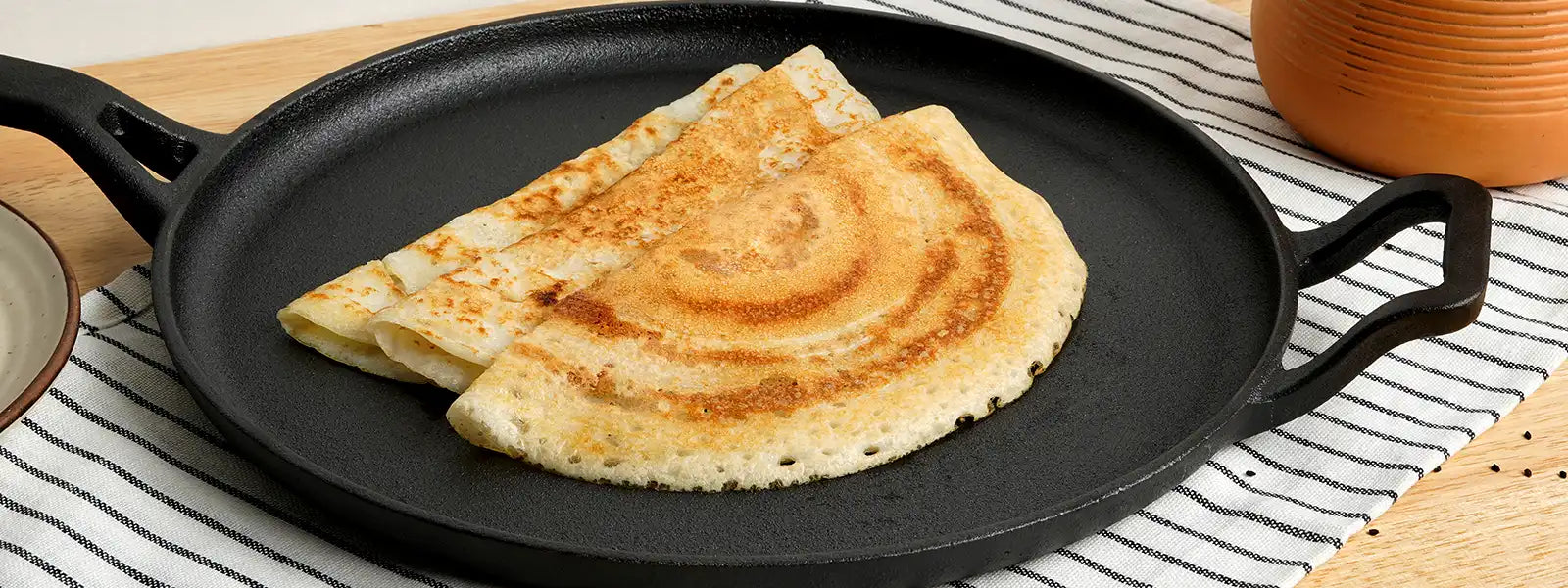
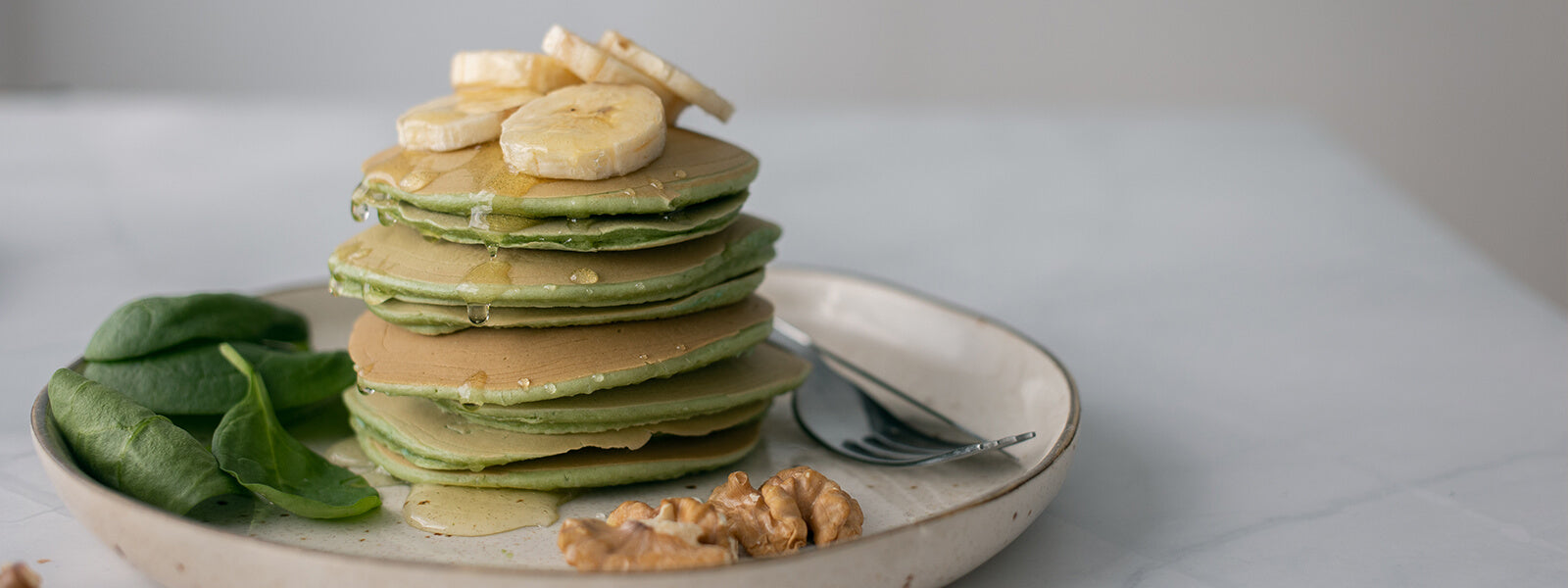
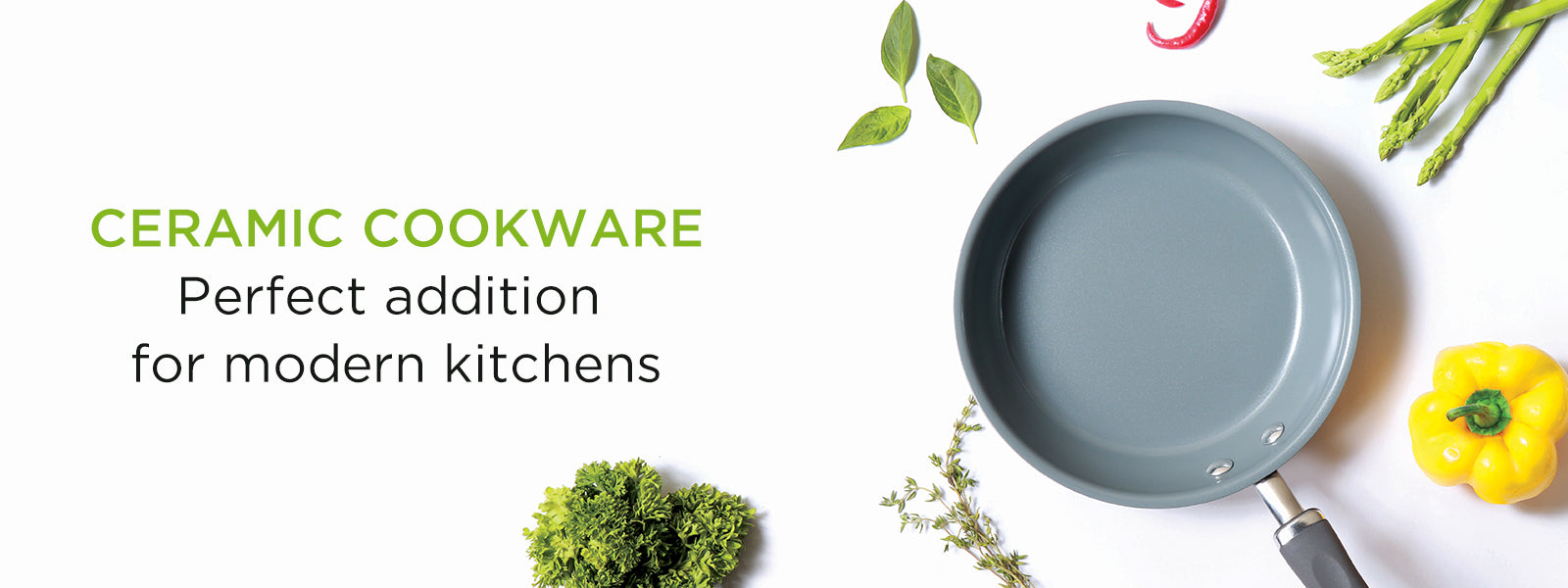

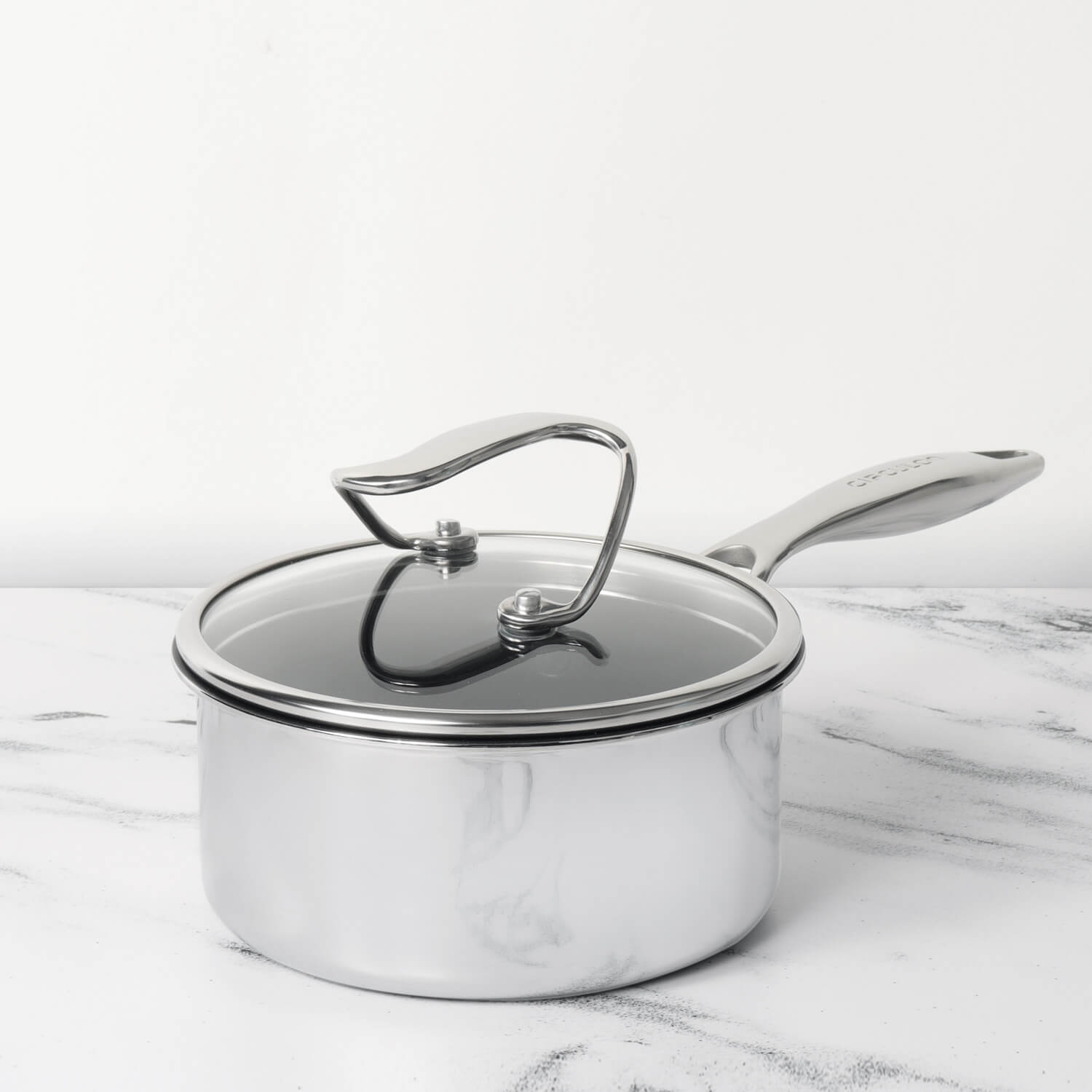
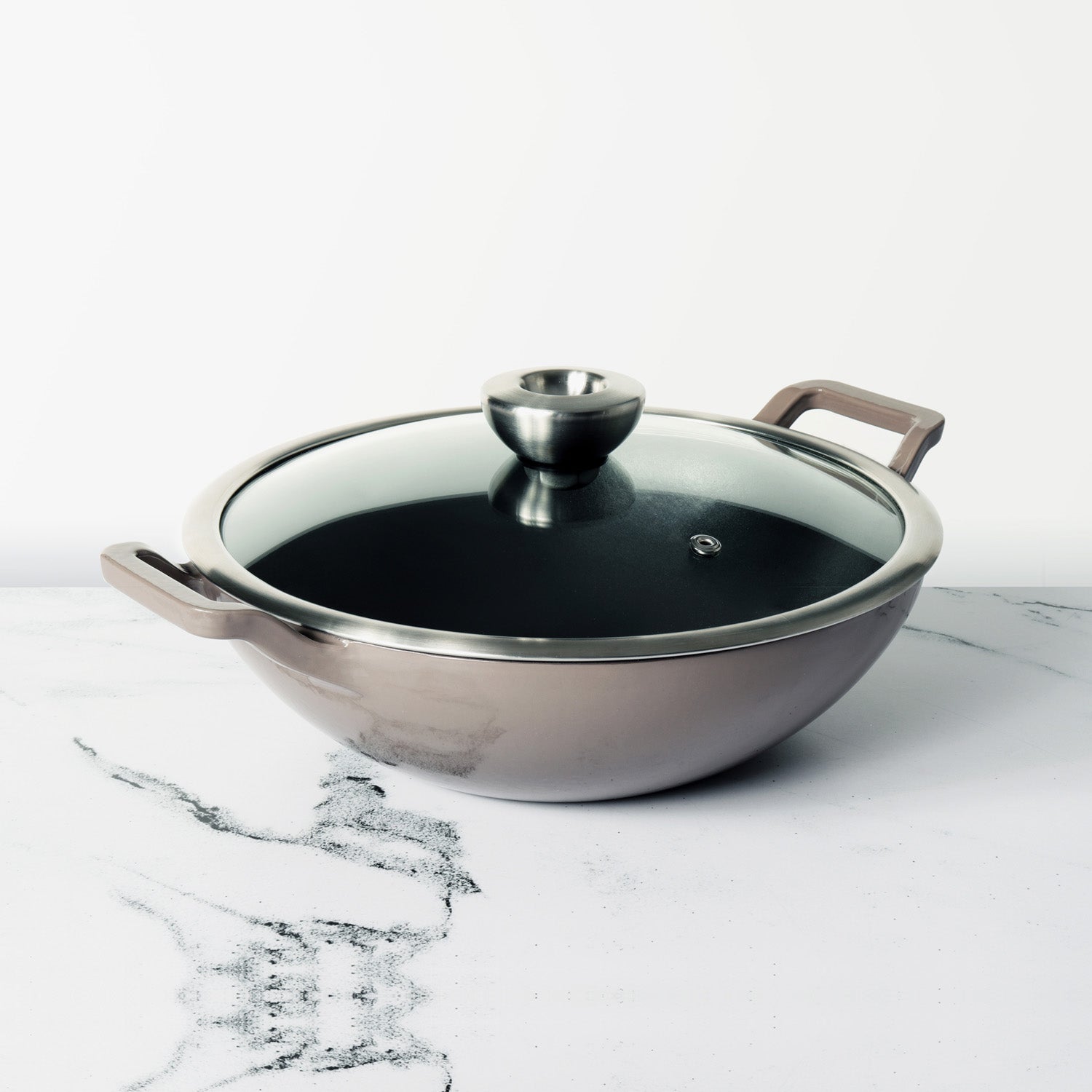




Leave a comment